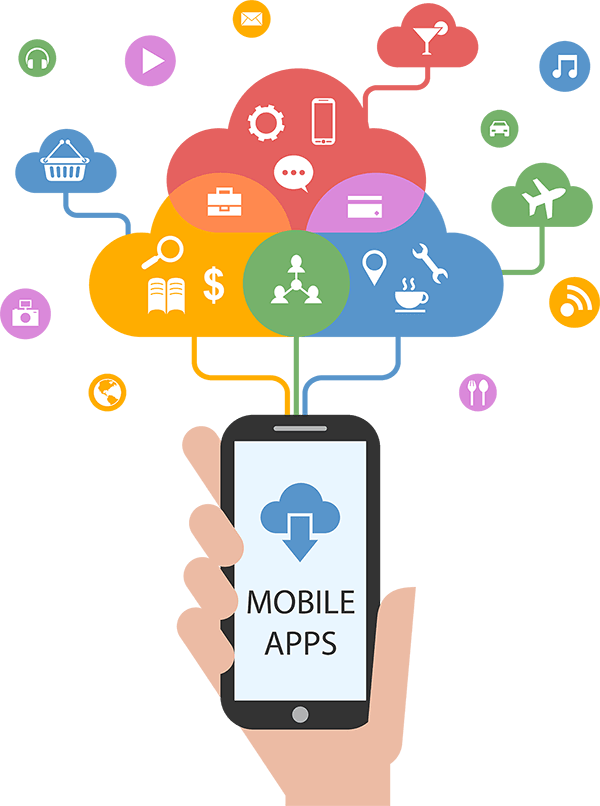Mobile Application Development
Mobile application development is the process of creating software applications that run on mobile devices such as smartphones and tablets. These applications, also known as "apps," can be developed for a variety of purposes such as gaming, social media, e-commerce, productivity, and more.
There are several different approaches to mobile app development, including:
Native app development: This involves using the programming languages and tools specific to a particular mobile platform (such as Java for Android or Swift for iOS) to create an app that is optimized for that platform.
Cross-platform app development: This involves using tools and frameworks that allow developers to write code once and deploy it on multiple platforms. Examples include React Native and Xamarin.
Hybrid app development: This involves using web technologies such as HTML, CSS, and JavaScript to create an app that can run on multiple platforms by wrapping the web code in a native container. Examples include Ionic and Cordova.
It's important to choose the right approach for your specific use case, as each method has its own pros and cons. Additionally, mobile application development also involves testing, deployment and maintenance of the application.


What Does the Mobile App Development Process?
The mobile app development process typically involves several steps:
Conceptualization and planning: This is where the idea for the app is defined and a plan is created for how it will be developed. This includes defining the app's features, target audience, and goals.
Design: This is where the user interface and user experience of the app are designed. The design process typically includes creating wireframes and mockups of the app's layout and functionality.
Development: This is where the code for the app is written. The development process can involve creating the app from scratch or using pre-existing templates or frameworks. This step also includes testing and debugging the app to ensure that it functions correctly.
Testing: This is where the app is tested to ensure that it works correctly on different devices and platforms. This can include testing for functionality, usability, and performance.
Deployment: This is where the app is made available to users through app stores such as the Apple App Store or Google Play Store.
Maintenance: After the app is deployed, it will require maintenance and update to fix bugs, add new features, and ensure that it continues to work well with new devices and software versions.
It's worth noting that the process may vary depending on the complexity of the app, and some steps may be performed simultaneously or iteratively. Also, Agile methodology is widely used in mobile app development to ensure the flexibility and adaptability of the process.
Why Do We Need a Mobile App for Business?
There are several reasons why a business might want to develop a mobile app:
Increased engagement: A mobile app can provide a more convenient and personalized way for customers to interact with a business. It can also provide push notifications, which can help increase customer engagement and remind them of the business.
Improved customer service: A mobile app can provide customers with quick and easy access to information about a business's products or services, as well as the ability to make purchases or book appointments. It can also include features such as live chat or customer service requests to improve the overall customer experience.
Increased sales: A mobile app can provide businesses with a direct sales channel and allow customers to make purchases or book services directly from their mobile devices. This can help increase sales and revenue for the business.
Branding and marketing: A mobile app can help a business establish a strong and recognizable brand, and can also be used as a marketing tool to reach new customers and promote products or services.
Access to customer data: A mobile app can collect valuable data about customers, such as their preferences and behavior, which can be used to improve the business's products, services, and marketing strategies.
Cost-effective: Building an app can be cost-effective and can reach a larger number of customers as compared to traditional methods.
Overall, a mobile app can help a business increase customer engagement, improve customer service, increase sales, and gain access to valuable customer data. It can also help to establish a strong and recognizable brand, which can be an important competitive advantage in today's digital marketplace.
